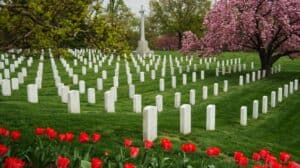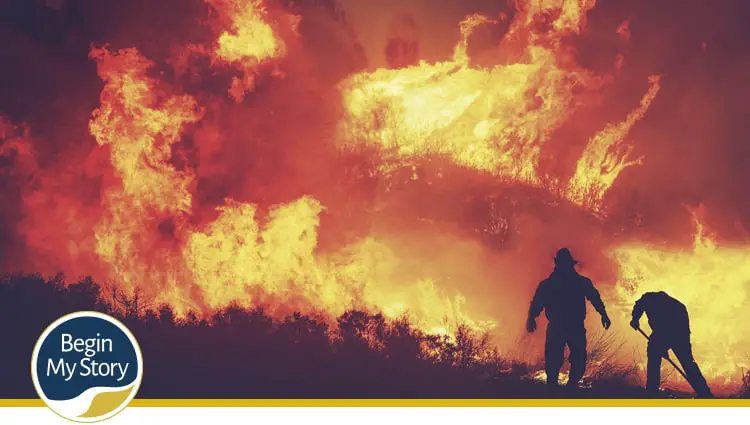
Ask people these 264 historical event questions for storytelling.
I have interviewed hundreds of people about historical events, natural disasters, discrimination, issues of race, foreign events and experiences that occurred during their lives. Based on the answers I received in those interviews, I have put together a list of writing prompts and questions about immigration to ask people when writing narratives. The historical events series includes four categories that explore historical events of a lifetime. Use these prompts and questions to help you.
- Identify events and memories you can write about
- Organize and write your narrative and story
- Develop questions to ask other people about their life’s
- Organize, research and write stories about others
- Know what type of information to include in narratives and stories
- Identify memorabilia, artifacts, photos, documents to include in stories
- Develop ideas for journaling, story starters, poetry, memoirs, and more
Writing Prompts and Questions to Ask People
The “Historical Events” writing prompts and questions to ask people are part of the 27 articles, 108 category series entitled “7,500-plus Questions About Life to Ask People When Writing Narratives.“ The prompts and questions are designed to help you look at the topic of historical events. Every individual lives through times that may contain what will one day be called a historical event. These events will usually affect large groups of people. Remember to approach these historical events from the individual you are interviewing or researching from your perspective. The topics that have been presented in this chapter are specifically designed to give you a perspective of how to approach historical events and construct your own set of questions. The categories and types of topics covered include:
- Starter Questions for Historical Events. Find 58 questions and prompts. Use these prompts and questions to gather and organize information to help you write narratives about yourself, your family, and others. These questions cover personal, family and external events such as war, health, pandemic, political, religious, death and more, including your thoughts, feelings, and experiences.
- Natural Disasters. Find 84 questions and prompts. Use these prompts and questions to gather and organize information to help you write narratives about yourself, your family, and others. These questions cover the disasters that may have occurred, such as earthquakes, volcanoes, landslides, famines, droughts, flooding, wildfires, and more, including your thoughts, feelings, and experiences.
- Discrimination and Issues of Race. Find 85 questions and prompts. Use these prompts and questions to gather and organize information to help you write narratives about yourself, your family, and others. These questions cover the disasters that may have occurred, such as age, disability, religion, race, sex, color, and more, including your thoughts, feelings, and experiences.
- Foreign Events. Find 37 questions and prompts. Use these prompts and questions to gather and organize information to help you write narratives about yourself, your family, and others. These questions cover foreign events such as war, health, pandemic, political, religious, social, ethnic and more, including your thoughts, feelings, and experiences.
When I have been researching individuals, who have lived in another era, I try to see the world they lived through their eyes. Therefore, I will develop a series of questions as if I were conducting an actual interview and then answer the questions through the resources that I can access. These are examples of the questions I have developed.
I have prepared a couple of other resources that will provide value in interviewing for and writing individual, personal, and family narratives: “Complete Guide for Conducting Oral History Interviews” and “Complete Guide to Writing A Personal Narrative.”
Starter Questions for Historical Events
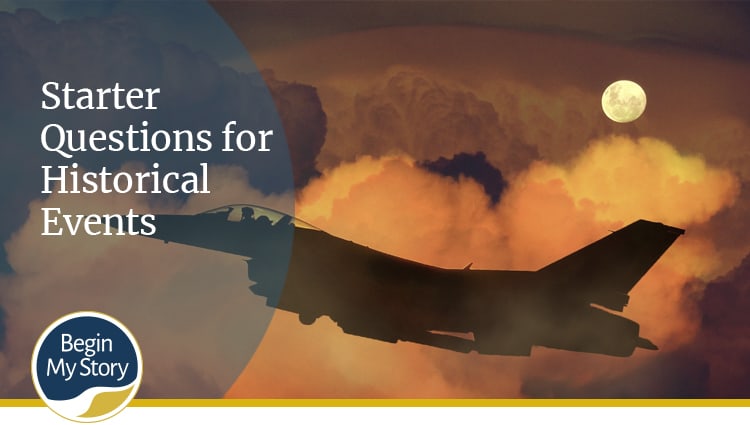
Writing Prompts and Questions
“Starter Questions for Historical Events ” is part of the series for writing prompts and questions about Historical Events. Use these questions to ask, gather, and organize information to help you write narratives about yourself, your family, and others. If you are writing about a deceased person, think of the questions as if you were the person answering the questions.
- Historical events can include internal events to yourself, family, associates and groups or external such as community, state, nation. For example:
• War?
• Political event?
• Financial crisis?
• Pandemic?
• Health issue?
• Social issue?
• Religious?
• Community?
• Personal decision/experience?
• Family decision/experience?
• Move?
• Death? - What do you consider to be the significant events that took place during your lifetime?
• During your childhood (Age 0-11)? Explain.
• During your youth (Age11-18)? Explain.
• During your young adult years (Age 18-25)? Explain.
• During your adult years (Age 25-45), Explain.
• During your prime adult years (Age 45-65)? Explain.
• During your senior adult years (Age 65+)? Explain.
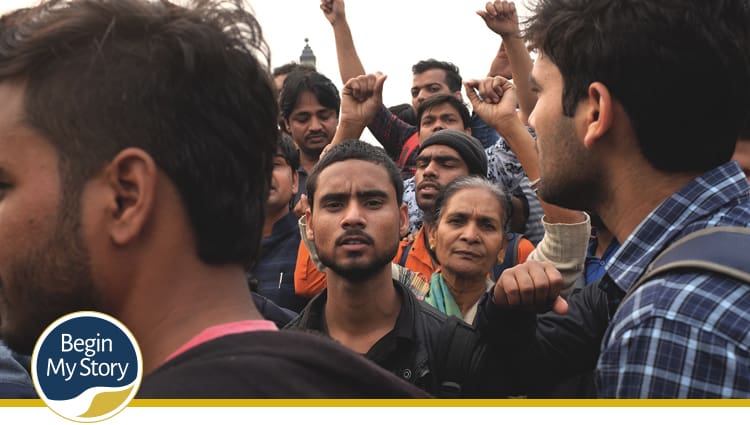
- What events do you feel had a direct effect on your life? For example:
• War?
• Political event?
• Financial crisis?
• Pandemic?
• Health issue?
• Social issue?
• Religious?
• Community?
• Personal decision/experience?
• Family decision/experience?
• Move?
• Death? - Were there specific issues that seemed to continue to be continually in the news? Such as
• War?
• Political event?
• Financial crisis?
• Pandemic?
• Health issue?
• Social issue?
• Religious?
• Community?
• Personal decision/experience?
• Family decision/experience?
• Move?
• Death? - What do you remember of each event?
• Who were the prominent individuals involved in the event?
• What role did they play?
• Were you directly involved in the event? If so, how?
• How do you remember the event evolving?
• How did you feel about the event at the time?
• What are the essential highlights of the event?
• What do you consider to be the most critical time in the event?
• How do you feel the event influenced your life? Explain.
• Were family or friends involved in the event? If so, how?
• What did you like and dislike about the event?
• Do you consider the event to have a positive or negative effect on your life? Explain.
Click Here to return to the writing prompts and questions about historical events.
Natural Disasters
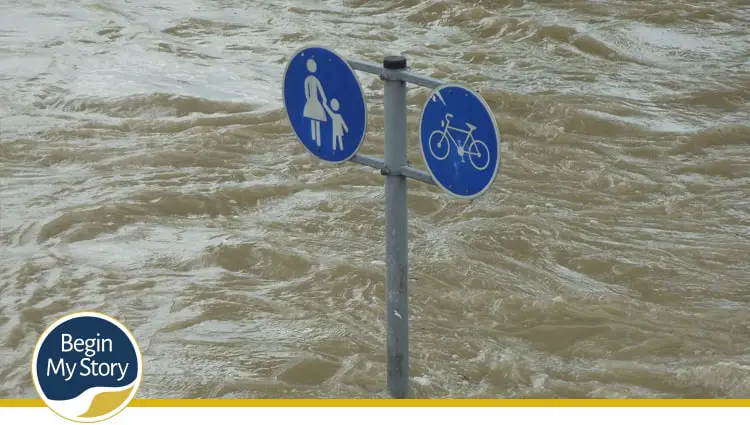 Writing Prompts and Questions About Historical Events
Writing Prompts and Questions About Historical Events
“Natural Disasters” is part of the series for writing prompts and questions about Historical Events. Use these questions to ask, gather, and organize information to help you write narratives about yourself, your family, and others. If you are writing about a deceased person, think of the questions as if you were the person answering the questions.
- Natural disasters can include:
• Earthquakes
• Volcanoes
• Landslides
• Famines & Droughts
• Flooding
• Hurricanes, Tornados, and Cyclones
• Extreme Temperature (Heat & Cold)
• Wildfires
• Lighting - What natural disasters do you remember taking place in your life?
• During your childhood (Age 0-11)? Explain.
• During your youth (Age11-18)? Explain.
• During your young adult years (Age 18-25)? Explain.
• During your adult years (Age 25-45), Explain.
• During your prime adult years (Age 45-65)? Explain.
• During your senior adult years (Age 65+)? Explain. - For each natural disaster event that you were personally experienced, consider the following questions:
• How old were you at the time of the event?
• What time of the year did the event take place?
• How were you affected by the event?
• Were you able to prepare for the event? If so, how?
• How do you remember the event evolving?
• How did you feel about the event at the time?
• What are the essential highlights of the event?
• What are the before and aftereffects of the event?
• What damage was done?
• Were you or your family injured? If yes, how?
• Did you or your family incur a financial loss?
• How did you recover?
• How did you and others recover from the event?
• Was there any assistance from others? Who? And what assistance was provided? Such as government, religion, community, insurance.
• Did the assistance go as planned? Explain.
• Were you able to volunteer and help others after the event? If so, how?
• Did you see others volunteer to help in the recovery after the event? If so, how?
• Did others specifically help you after the event? If so, how?
• How long after the event did it take for things to get back to normal? Explain.
• How do you feel the event influenced your life? Explain.
• Were family or friends involved in the event? If so, how?
• What did you like and dislike about the event?
• Do you consider the event to have a positive or negative effect on your life? Explain.
• What did you learn from the event? - For each natural disaster event that family or friends experienced, consider the following questions:
• Who were the individuals?
• How old were you at the time of the event?
• How were they affected by the event?
• Were they able to prepare for the event? If so, how?
• What time of the year did the event take place?
• Did anyone share their experiences with you?
• How do you remember being told?
• How did they feel about the event?
• What are the essential highlights of the event?
• What are the before and aftereffects of the event?
• What damage was done?
• Were they injured? If yes, how?
• Did they incur a financial loss?
• How did they recover?
• How did they and others recover from the event?
• Was there any assistance from others? Who? And what assistance was provided? Such as government, religion, community, insurance.
• Did the assistance go as planned? Explain.
• Were they able to volunteer and help others after the event? If so, how?
• How long after the event did it take for things to get back to normal? Explain.
• Did they see others volunteer to help in the recovery after the event? If so, how?
• Did others specifically help them after the event? If so, how?
• How do you feel the event influenced your life? Explain.
• How did the event influence their lives? Explain.
• What did they like and dislike about the event?
• Did they consider the event to have a positive or negative effect on your life? Explain.
• What did they learn from the event? - What natural disaster events took place on a local, regional, national or international basis of importance to you?
• How old were you at the time of the event?
• What time of the year did the event take place?
• Who was affected by the event?
• What or why was the event important to you?
• How do you remember the event?
• How did they feel about the event?
• What are the essential highlights of the event?
• What are the before and aftereffects of the event?
• What damage was done?
• Did you see others volunteer to help in the recovery after the event? If so, how?
• How do you feel the event influenced your life? Explain.
• How did the event influence your life? Explain.
• What did you like and dislike about the event?
• Did you consider the event to have a positive or negative effect on your life? Explain.
Click Here to return to the writing prompts and questions about historical events.
Discrimination and Issues of Race
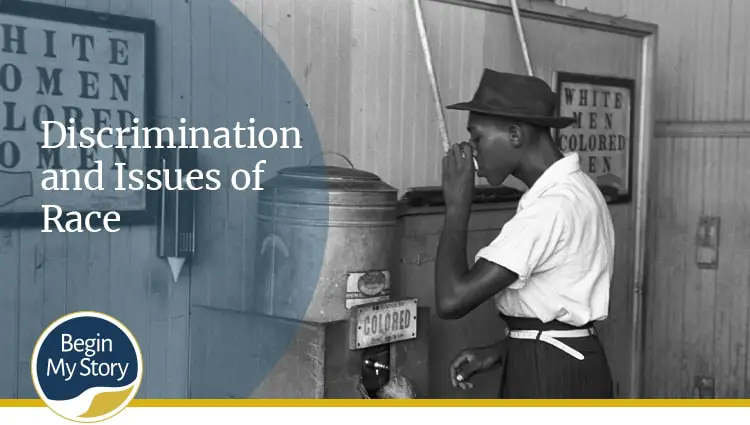
Writing Prompts and Question
“Discrimination and Issues of Race” is part of the series for writing prompts and questions about Historical Events. Use these questions to ask, gather, and organize information to help you write narratives about yourself, your family, and others. If you are writing about a deceased person, think of the questions as if you were the person answering the questions.
- Discrimination can include:
• Age discrimination
• Disability discrimination
• Religious discrimination
• Sexual orientation
• Status as a parent
• National origin
• Sexual harassment
• Race, color, sex
• Reprisal retaliation - What discrimination do you remember taking place in your life?
• During your childhood (Age 0-11)? Explain.
• During your youth (Age11-18)? Explain.
• During your young adult years (Age 18-25)? Explain.
• During your adult years (Age 25-45), Explain.
• During your prime adult years (Age 45-65)? Explain.
• During your senior adult years (Age 65+)? Explain. - Was there a time in your life when you experienced discrimination?
• What type of discrimination did you experience?
• Who was/were the individuals/groups who committed discrimination? Were they aware of what they were doing?
• Did you know it was discrimination at the time of the experience?
• Did the discrimination happen once or repeatedly over time? Explain.
• Describe what happened?
• How did the experience evolve?
• How did the experience affect you personally?
• How did the experience affect others around you?
• Did you tell others about the discrimination? Who and what did you say? What was their reaction?
• Did you ask others for help? Who? What did you ask? Did they help? If yes, how?
• How did you respond to the discrimination?
• How did you feel about the discrimination? Such as angry, hurt, discouraged, violated?
• How did the discrimination make you feel?
• Was there any court or legal action regarding the discrimination? If yes, what? What was the outcome?
• Were you able to resolve the discrimination? If yes, how?
• What personal steps did you take in your life to avoid, overcome, or fight against discrimination?
• Did you see any improvement? What?
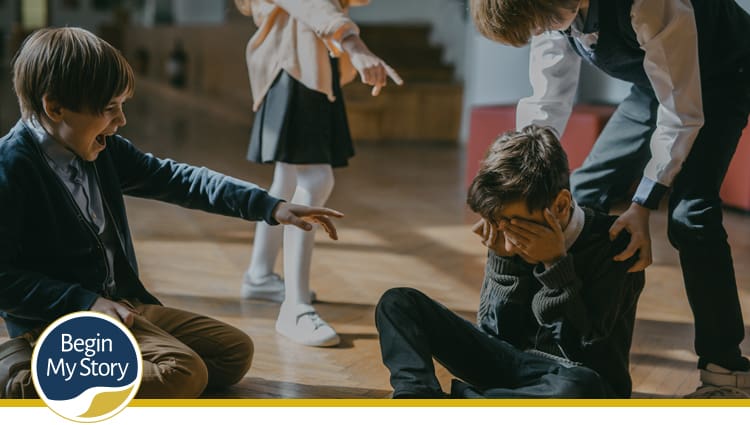
- Was there a time in your family or friends’ life when you experienced discrimination?
• Who were the individuals?
• What type of discrimination did they experience?
• Who was/were the individuals/groups who committed discrimination? Were they aware of what they were doing?
• Did they know it was discrimination at the time of the experience?
• Did the discrimination happen once or repeatedly over time? Explain.
• Describe what happened?
• How did the experience evolve?
• How did the experience affect them personally?
• How did the experience affect others around them?
• Did they tell others about the discrimination? Who and what did you say? What was their reaction?
• Did they ask others for help? Who? What did you ask? Did they help? If yes, how?
• How did they respond to the discrimination?
• How did they feel about the discrimination? Such as angry, hurt, discouraged, violated?
• How did the discrimination make them feel?
• Was there any court or legal action regarding the discrimination? If yes, what? What was the outcome?
• Were they able to resolve the discrimination? If yes, how?
• What personal steps did they take in your life to avoid, overcome, or fight against discrimination?
• Did they see any improvement? What? - Did you ever discriminate against an individual or group?
• What did you do?
• How did you become aware that you were discriminating?
• Was this a single event, or did it happen over time?
• What happened?
• Can you share how it even happened?
• How did the person or group respond?
• How did you respond to the person or group reaction?
• What was the outcome?
• How did this experience change your life and those around you? - What discrimination are you most aware of?
• How do you feel about the discrimination?
• What discrimination have you seen in your life?
• Who were the individuals?
• What type of discrimination do they experience?
• Who was/were the individuals/groups who committed discrimination? Were they aware of what they were doing?
• Did they know it was discrimination at the time of the experience?
• Did the discrimination happen once or repeatedly over time? Explain.
• Describe what happened?
• How did the experience evolve?
• How did the experience affect them personally?
• How did the experience affect others around them?
• Did they tell others about the discrimination? Who and what did you say? What was their reaction?
• Did they ask others for help? Who? What did you ask? Did they help? If yes, how?
• How did they respond to the discrimination?
• How did they feel about the discrimination? Such as angry, hurt, discouraged, violated?
• How did the discrimination make them feel?
• Was there any court or legal action regarding the discrimination? If yes, what? What was the outcome?
• Were they able to resolve the discrimination? If yes, how?
• What personal steps did they take in your life to avoid, overcome, or fight against discrimination?
• Did they see any improvement? What?
Click Here to return to the writing prompts and questions about historical events.
Foreign Events
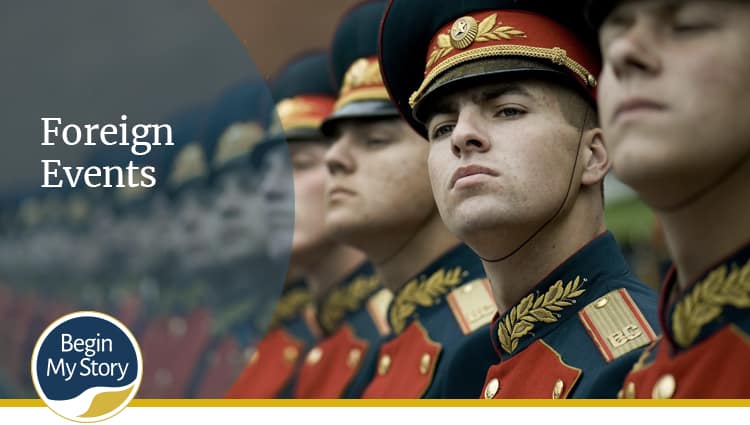
Writing Prompts and Questions About Historical Events
“Foreign Events” is part of the series for writing prompts and questions about Historical Events. Use these questions to ask, gather, and organize information to help you write narratives about yourself, your family, and others. If you are writing about a deceased person, think of the questions as if you were the person answering the questions
- Foreign events can affect a community, state, nation, region, or the world. For example:
• War?
• Political event?
• Financial crisis?
• Pandemic?
• Health issue?
• Social issue?
• Religious?
• Disaster?
• Ethnic?
• Creation or collapse of countries?
• The government takes over?
• Dictatorships? - What foreign events do you remember taking place in your life?
• During your childhood (Age 0-11)? Explain.
• During your youth (Age11-18)? Explain.
• During your young adult years (Age 18-25)? Explain.
• During your adult years (Age 25-45), Explain.
• During your prime adult years (Age 45-65)? Explain.
• During your senior adult years (Age 65+)? Explain. - For each event, consider the following questions:
• What was the event?
• Where did the event take place?
• How old were you?
• What do you remember about the event?
• How did you first hear of the event?
• Was the event of interest to you? Explain.
• How were you or your family affected by the event?
• How did they feel about the event?
• What are the essential highlights of the event?
• What are the before and aftereffects of the event?
• What if any damage was done?
• How do you feel the event influenced your life? Explain.
• How did the event influence the lives of others? Explain.
• What did they like and dislike about the event?
• Did they consider the event to have a positive or negative effect on your life? Explain.
• What did they learn from the event?
Click Here to return to the writing prompts and questions about historical events.


